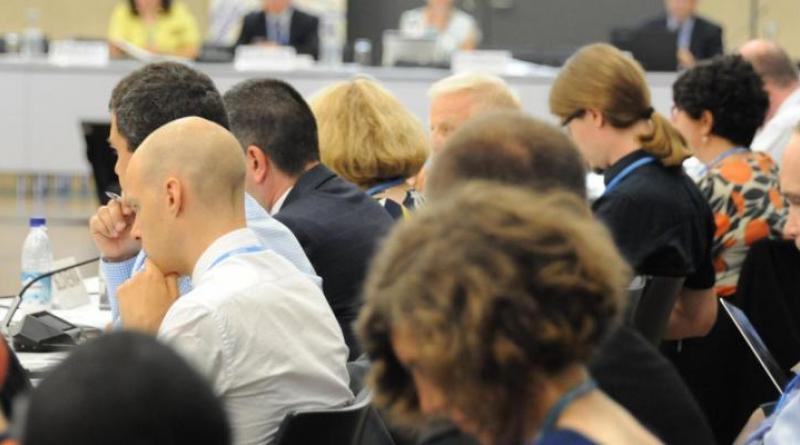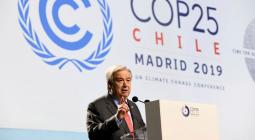Fifteen Countries to Present Latest Updates on their Climate Actions at COP25.

During the UN Climate Change Conference COP25 in Madrid in December, fifteen countries will share updated information on their climate actions.
This comes as part of the processes set up in 2010 to enhance transparency in addressing climate change. The so-called Multilateral Assessment (MA) for developed countries and Facilitative Sharing of Views (FSV) for developing countries provide multilateral fora for countries to showcase their achievements in climate action and engage in a constructive exchange of views.
Both the MA and FSV processes serve as foundations of the enhanced transparency framework (ETF) under theParis Agreement, which represents an important component of increasing ambition to tackle climate change by building trust and confidence that countries are taking actions.
Facilitative Sharing of Views
In the FSV workshop, five developing countries – Chile, Ghana, India, Malaysia, and Saudi Arabia – will present updates on climate actions and what is needed to strengthen their capacities. They will also share further information through questions and answers during the workshop.
An increasing number of developing countries, including the least developed countries and small island developing states, have been stepping up their efforts to strengthen climate transparency by providing updated information every two years and participating in the international process to have them analyzed.
Chile is the first, and until now the only country to participate in the FSV for the third time, which underscores the country’s efforts to strengthen climate transparency.
The 8th FSV workshop will take place on Monday, December 9. Further information is available here.
For more information on the International Consultation and Analysis process, see here.
Multilateral Assessment
At the Multilateral Assessment, 10 developed countries - Austria, Belgium, Bulgaria, Cyprus , Greece, Kazakhstan, Luxembourg, New Zealand, Portugal and Switzerland - will present their actions to meet their 2020 climate targets.
Countries under the multilateral assessment will be sharing their achievements, innovative climate actions and experiences in meeting the 2020 climate targets. Among those achievements is New Zealand’s recently passed ‘zero carbon’ law that aims to make the country almost carbon neutral by 2050.
The multilateral assessment process also allows all 197 Parties to the UN Framework Convention on Climate Change to ask questions to clarify a country’s emission reduction actions and greenhouse gas trends and projections, based on the national reports and their review reports.
With this session of the multilateral assessment, the third cycle will be completed. Developed countries will be submitting their new reports (Fourth Biennial Reports) by 1 January 2020.
The MA session will take place on Saturday, December 7 and Monday, December 9.
For more information on International Assessment and Review, see here.
Transparency for Climate Action
Both the MA and FSV processes help expand the knowledge base and build trust in addressing climate change as they enable countries to better understand where they are in terms of climate actions and how to prioritize further actions and support.
These processes also provide essential learning opportunities for Parties and stakeholders to better prepare for the transition to the ETF under the Paris Agreement. .
Watch government representatives talking about the lessons learned from both the MA and FSV processes:
5 December 2019
UN Climate Change News




